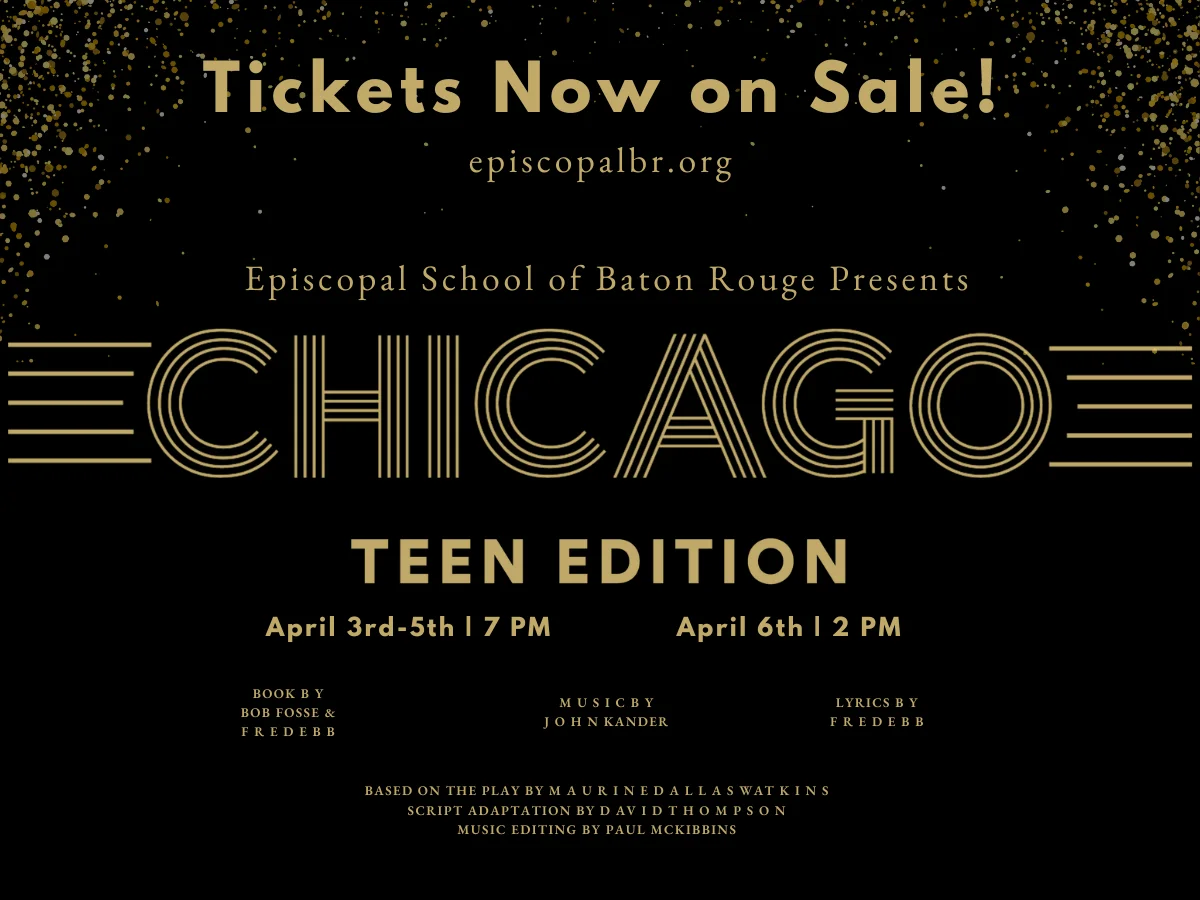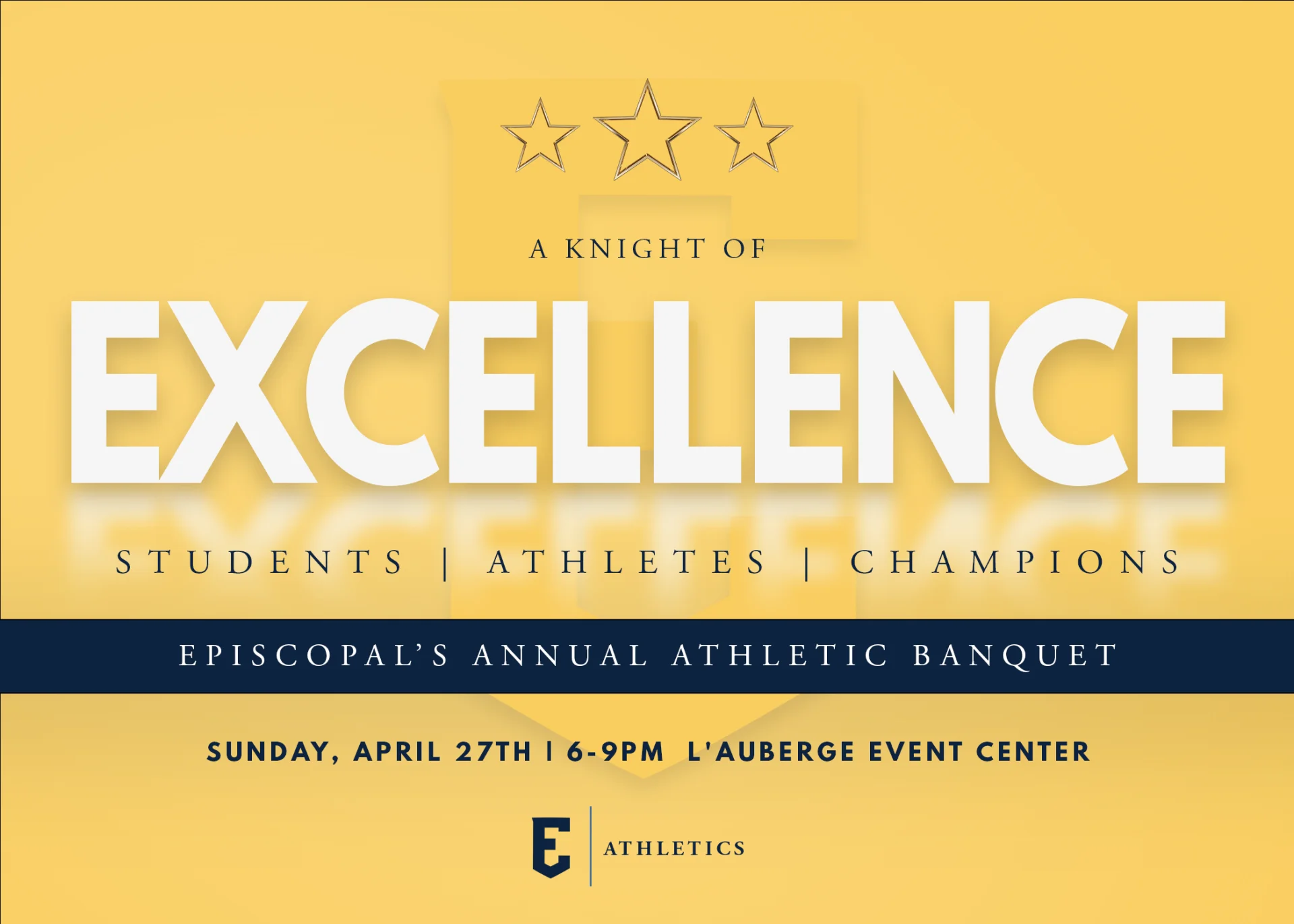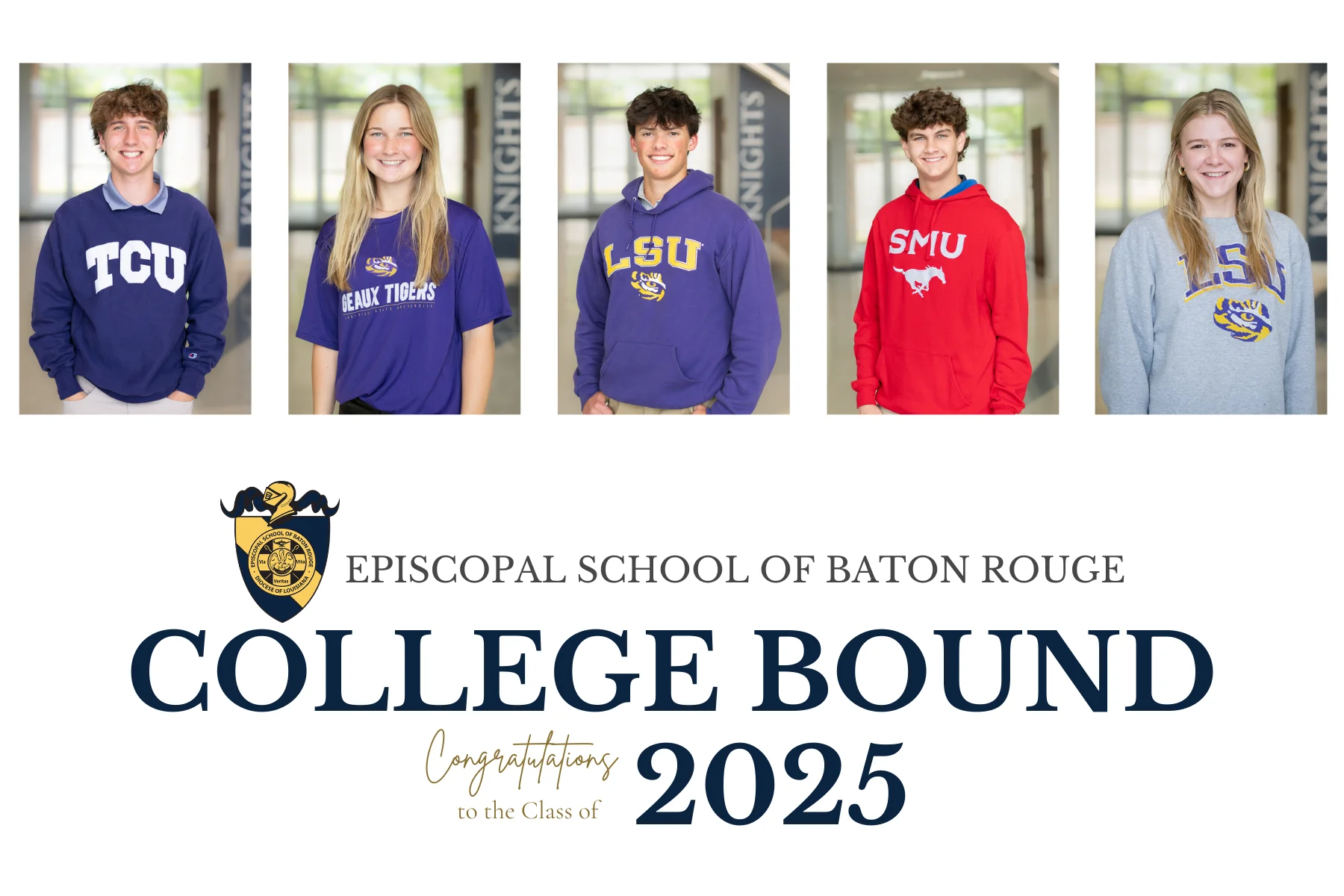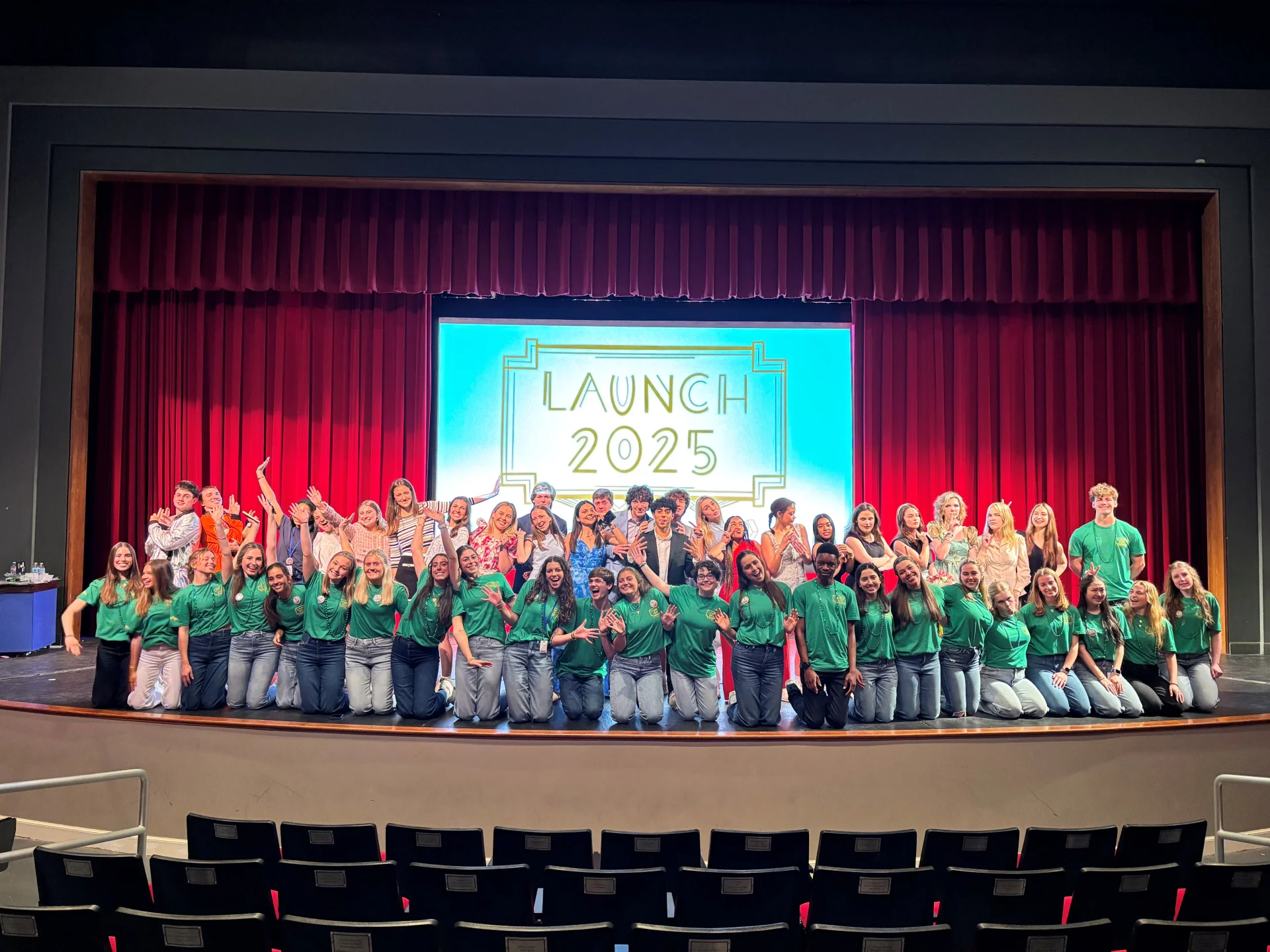- Admission
- Discover Episcopal
- Our Program
- Athletics
- Arts
- Spirituality
- Student Life
- Support Episcopal
- Alumni
- Parent Support
- Knightly News
- Contact Us
- Calendar
- School Store
- Lunch Menu
- Summer Camps
- Knight Under the Stars
- Chicago Tickets
- PowerSchool Notice
« Back
Raising Tomorrow's Critical Thinkers Today
September 17th, 2021

When I taught ninth-grade Honors Biology, before becoming an administrator, I often found that there came a point when it was important to explore the “why” of the course with my students. This is something students often ask their teachers. “Why do we have to learn this?” “When are we going to use this in the future?” “Why do we have to learn all this biology, anyway?” When I would pose these questions back to them, students often responded with ideas such as: “we need to know biology if we want to go into medicine or science” or “because we have to take it to get into college.”
At that point, I countered these arguments by reminding them that not everyone goes into medicine, and certainly many people make a great living without going to college… So why do we “make” them all take biology? For those who were still stumped, I broadened the question to ask: why do we need to learn any science, or history, or languages and culture, or mathematics? Why do we learn anything in school?

Eventually, they came to realize that they have to learn all of these subjects because each one of those courses helps them understand the world around them, that one day they will be asked to make important decisions - medical decisions, financial decisions, decisions that affect our broader community. They will need to be able to take the information they have, analyze it, and draw their own conclusions. We’d discuss how all of these courses give them both the context and the skills to prepare them for that future. The context, the facts, taught in our classes are important, and those facts are often what we remember learning when we think back on our own time in school. However, the critical thinking skills developed are just as important, if often less obvious.
There has been a lot of talk about critical thinking skills over the years, both in education and in the broader world. Critical thinking, the ability to draw logical connections between different ideas, to solve problems systematically, and to ask questions about our own beliefs or assumptions we encounter1, is inherent to so much of what we do in the classroom. It is interwoven not only into scientific, mathematical, historical, cultural, and moral thinking but also leads to creative thinking. To question what you know and how you know it allows us to think “outside the box”, as it were.
We, as a school, understand the importance of developing these critical thinking skills in our students. We view it as so essential that we focus on these skills in every course, as well as in our distinctive academic programs, such as Thesis and ESTAAR. For example, our fifth-grade students hold a series of debates on everyday topics, such as “Is chocolate milk healthy?”, gathering information, developing arguments, and then evaluating those arguments. In eighth-grade English, students are asked to determine if the narrator of Edgar Allen Poe’s “The Tell-Tale Heart” is guilty of first-degree murder or not guilty by reason of insanity. Every student researches the arguments for both sides in preparation for a mock trial. Some of the students then present those arguments as either the prosecutor or defense with their classmates as jurors. In this, students develop academic research skills, argumentation skills, and learn how to evaluate arguments, to think critically about the information. In the eleventh-grade Scientific Research Methodology and Experimentation class, students develop their own novel research questions after exploring primary scientific literature and design research projects to answer those questions. They then present those research proposals to their classmates along with their arguments for why it is important to answer the question they’ve posed. In each one of these examples, and the many others I could have included, our students stretch and grow their critical thinking skills in a variety of classes and through a variety of academic endeavors.

Our goal as educators is not only to help students understand facts, but also to see systems, to make logical connections, to question what is being presented to them, and to develop well-reasoned arguments. Our students are asked to analyze real-world data and draw their own conclusions. They are asked to explain the cultural and historical forces that led to a particular event or to explore the social context behind a literary work. Critical thinking does not belong to science, math, the humanities, or the arts alone
Discussing the “why” behind taking biology and other classes was always an eye-opening experience for my ninth-graders. They enjoyed exploring the purpose behind their courses, and it provided greater motivation for some. And even though it wasn’t technically time spent learning biology, I valued these discussions as time spent helping them develop their critical thinking skills.
1Lau, Joe, and Jonathan Chan. “What Is Critical Thinking.” [C01] What Is Critical Thinking?, Philosophy Department, University of Hong Kong, philosophy.hku.hk/think/critical/ct.php.

Dr. Sara Fenske pursued a career in education because of her love of science and desire to share that passion with others. Knowing the impact a great education can have, Sara chose to focus on teaching and curriculum design, with a focus on continuous improvement. Dr. Fenske joined Episcopal as a member of the science faculty. In 2018 she transitioned into the role of Dean of Academics and is now the Assistant Head of School for Academic Affairs. In this position, Dr. Fenske works collaboratively with the Head of School, division heads, department chairs, and faculty members to ensure Episcopal’s continued strong and relevant academic performance. Before joining Episcopal, she was the Science Department Chair and taught at Linden Hall in Pennsylvania. She has a Bachelor of Science in cell and molecular biology from the University of Michigan, Ann Arbor, and a Ph.D. in biology from the Massachusetts Institute of Technology in Cambridge, Massachusetts.
The Episcopal School of Baton Rouge 2025-2026 application is now available! For more information on the application process, to schedule a tour, or learn more about the private school, contact us at [email protected] or 225-755-2685.
Posted in the category All.
Other articles to consider
 Mar27Episcopal Presents "Chicago: Teen Edition"
Mar27Episcopal Presents "Chicago: Teen Edition"Don’t miss the Upper School spring musical “Chicago: Teen Edition”! With dancing, singing, a true crime theme and a 12-piece professional orchestra, this PG-13 presentation is sure to impress. Shows run April 3-6—get your tickets today!
See Details Mar27Episcopal Announces "The Knight of Excellence" Athletic Banquet
Mar27Episcopal Announces "The Knight of Excellence" Athletic BanquetCelebrate Episcopal's top athletes at the Knight of Excellence on April 27th! Join us for an inspiring evening of awards, recognition and community.
See Details Mar26College Announcements 3.28.25
Mar26College Announcements 3.28.25Please join us in congratulating members of the Class of 2025 as they announce their college enrollment decisions.
See Details Mar25A Community of Learners Takes the Stage at LAUNCH Day 2025
Mar25A Community of Learners Takes the Stage at LAUNCH Day 2025LAUNCH Day 2025 celebrated student-driven research, innovation and a close-knit community of learners. See how seniors showcased their hard work, creativity and big ideas on stage.
See Details
Categories
- All
- Admission
- Athletics
- College Bound 2019
- College Bound 2020
- College Bound 2021
- College Bound 2022
- College Bound 2023
- College Bound 2024
- College Bound 2025
- Counselors Corner
- Episcopal Alumni
- Giving
- Head Of School
- Lower School
- Middle School
- Spirituality And Service
- Student Work
- The Teachers' Lounge
- Upper School
- Visual And Performing Arts
Recent Articles
- 03/27/25Episcopal Presents "Chicago: Teen Edition"
- 03/27/25Episcopal Announces "The Knight of Excellence" Athletic Banquet
- 03/26/25College Announcements 3.28.25
- 03/25/25A Community of Learners Takes the Stage at LAUNCH Day 2025
- 03/24/25Congratulations to the 2025 Newton Distinguished Faculty Award Honorees!
- 03/21/25College Announcements 3.21.25
- 03/21/25Chase Cresson to Play Football at Morehead State University
- 03/20/25Anna Kate Yale to Compete at Harding University
- 03/13/25From Museums to READBowl: Episcopal Students Embrace the Joy of Learning
- 03/13/25Expanding Academic Support: ARC Fellows Mentor Lower School Students











